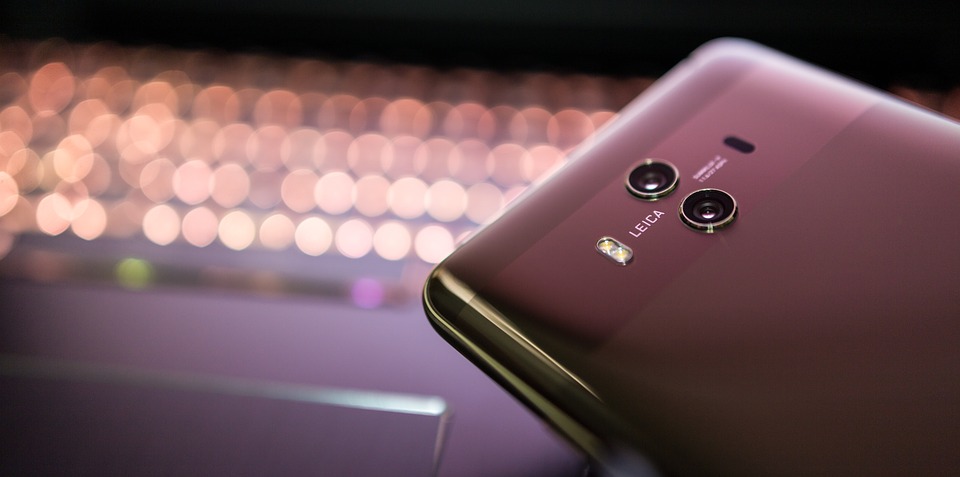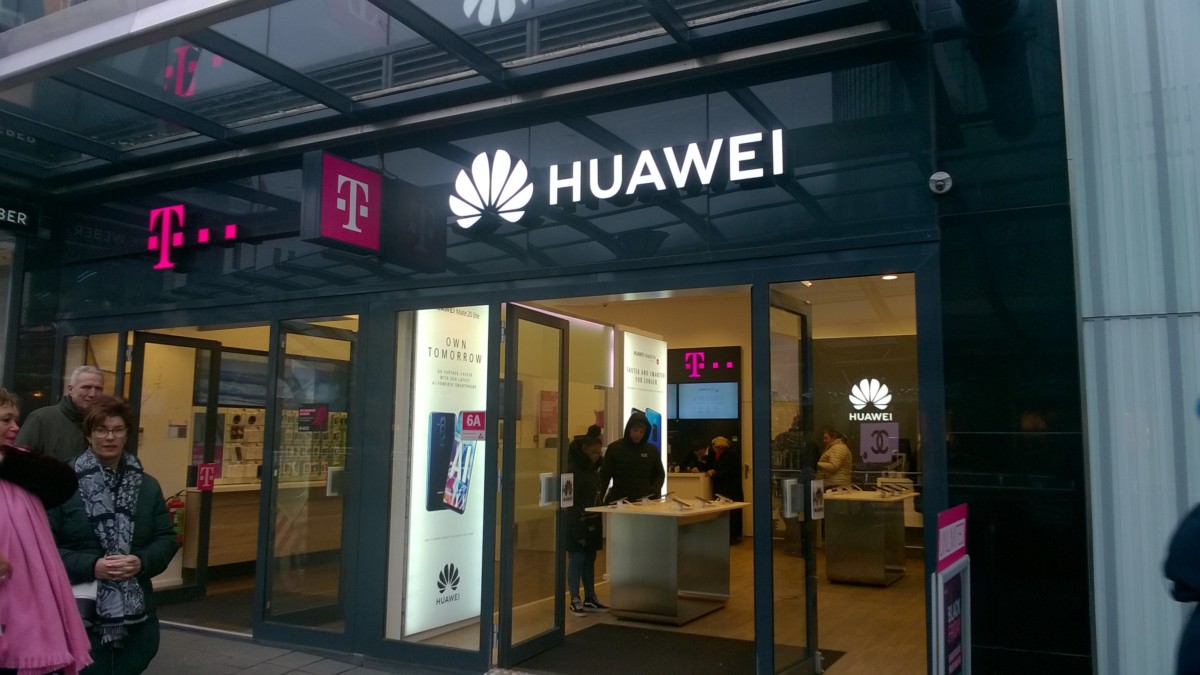The General Intelligence and Security Service (AIVD) is investigating whether the technology company Huawei has been involved in espionage in the Netherlands, reports De Volkskrant. Huawei is said to have possible access to customer data from one of the major telecom providers in the Netherlands. It is not clear whether it is Vodafone, Ziggo, T-Mobile, Tele2 or KPN.
This news comes at an important time. KPN recently decided to have part of its 5G network built by Huawei, but the Dutch parliament still has to decide whether the company will be allowed in the Netherlands, reports RTL Nieuws. This concerns Huawei government services, but not consumer technology.
Although several are looking to entirely ban the Chinese company, AIVD aligns with the position of Great Britain, reports De Volkskrant. The intelligence service says the Netherlands should not entirely ban Huawei. They said the company may provide antennas for 5G, but no hardware and software for the core of the network, to avoid possible espionage.
AIVD security chief, Dick Schoof says “When it comes to our vital infrastructure or 5G, we say: you should not want to buy hardware and software from countries that have an offensive cyber program aimed at Dutch national security”.
However, a Huawei spokesperson denies that the company is committing espionage. They tell De Volkskrant, “In every country where we do business, we abide by the laws and regulations and we protect the privacy of our customers. Cybersecurity has always been our top priority”.
Will the Netherlands ban Huawei?
The government will make a decision about whether Huawei is allowed to help build the new mobile 5G network in the Netherlands. Before that, the national terrorism coordinator NCTV is assessing the risks of espionage by Huawei, reports De Volkskrant.
RTL Nieuws says that a large majority of parliament is against the involvement of Huawei in the Dutch 5G network as concerns of Chinese espionage increase. The AIVD had already warned last month of the risk of espionage when doing business with companies from countries such as China and Russia. Also, on Wednesday, the government published a “China Strategy” document of 100 pages, declaring that Chinese cyber espionage should be paid more attention too, NOS reports.
Kabinet moet een schimmenspel voorkomen en zo snel mogelijk duidelijkheid bieden aan Tweede Kamer. Een goede politieke afweging over 5G (en andere technologische afhankelijkheid) behoeft zorgvuldige risico-analyse plus concrete en controleerbare feiten. Die zijn er nu niet. (2/2)
— Kees Verhoeven (@KeesVee) May 16, 2019
Bart Jacobs, professor of computer security at Radboud University in Nijmegen tells De Volkskrant says cybersecurity is at risk, but that several are considering other factors such as economic gain. He says,” “The Netherlands is stuck between the desire of the United States to ban Huawei and economic interests. This latest discovery could be the deciding factor”.
Several western governments have already banned Huawei, including the United States, Australia, Japan, and New Zealand. On Wednesday, US President Donald Trump signed a presidential decree banning US companies from doing business with certain telecom companies, including Huawei.
Featured image source: Pixabay/tianya1223
What are your thoughts? Let us know in the comments, below!




